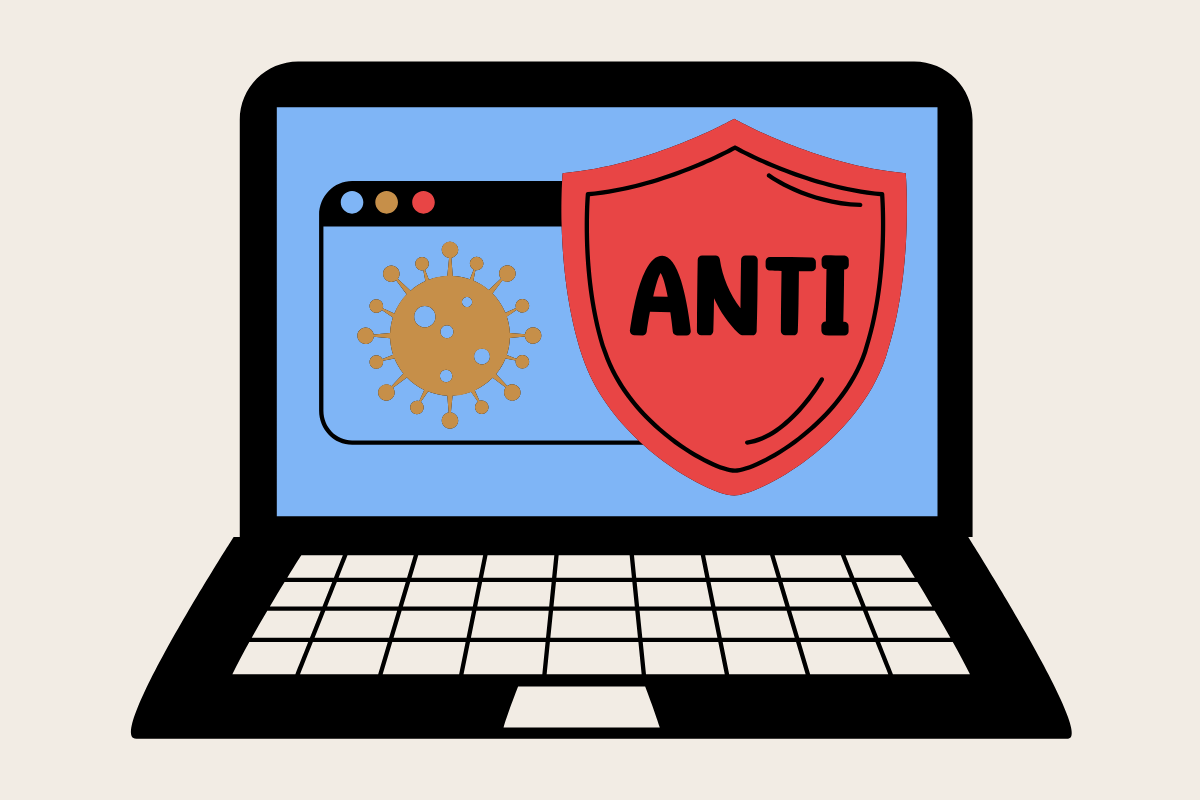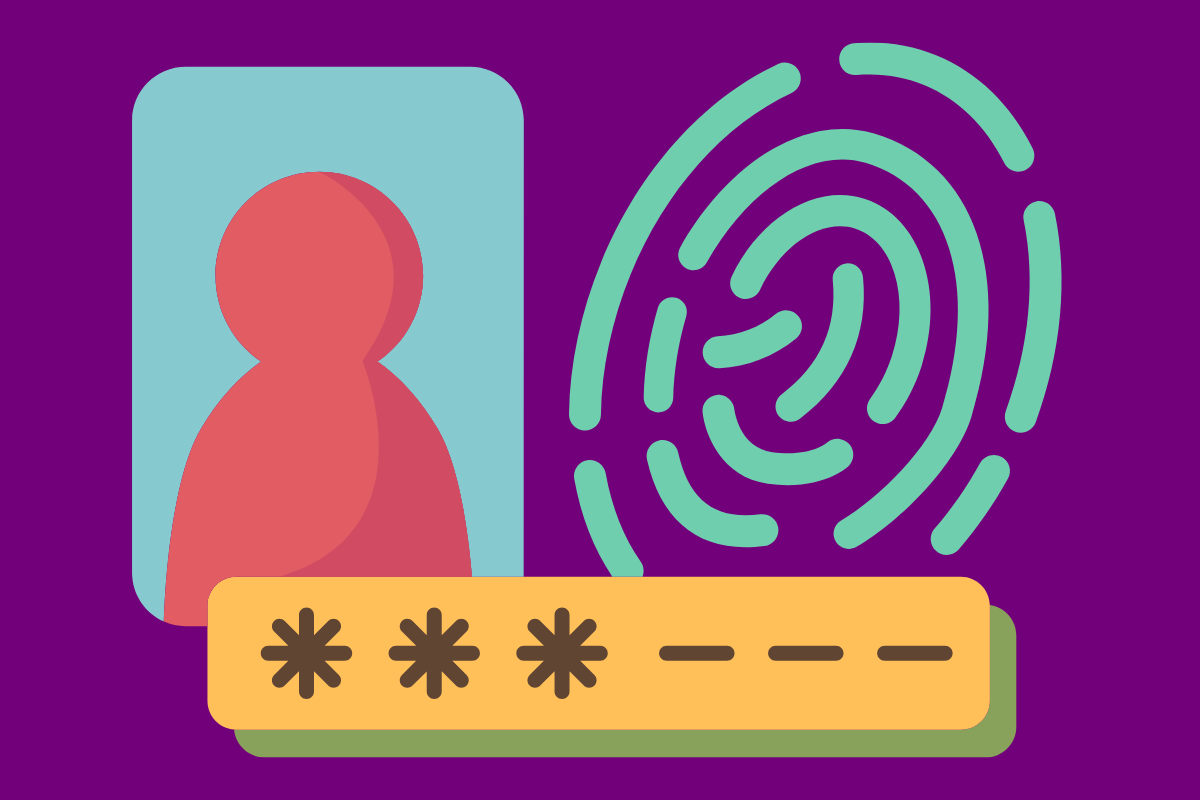New Rules, New Responsibilities for Lawyers
Artificial intelligence (AI) is making waves in the legal field, and Canadian courts are stepping in to set the ground rules. In September 2024, the Canadian Judicial Council introduced new AI practice directives to ensure that technology supports the justice system without compromising fairness, ethics, or judicial independence.
For lawyers and law firm administrators, these guidelines send a clear message: AI can assist, but it can’t take over. Judges must make their own decisions, legal professionals remain responsible for their work, and AI tools must be used cautiously and transparently. So, what does this mean for law firms?
Judicial Decision-Making Cannot Be Delegated to AI
The big takeaway from these new AI guidelines is that judges make the decisions: AI doesn’t. Courts are making it crystal clear that no judge can hand off decision-making to an AI system, a law clerk, or anyone else. The responsibility stays with them.
But that doesn’t mean AI is off-limits. Judges can still use it to help with research, organize case law, or even clean up grammar in their rulings. What they can’t do is let AI suggest rulings, craft legal reasoning, or influence case outcomes.
For lawyers, this means AI can be a great tool, but it can’t replace your expertise. If you’re using AI for legal research or drafting, it’s on you to double-check the sources, confirm accuracy, and make sure everything meets ethical and professional standards. Courts won’t accept AI-generated content at face value, and neither should you.
AI Must Comply with Core Legal Values
AI in the legal system has to align with core values like judicial independence, fairness, transparency, and accessibility. Courts want to make sure AI supports these principles, not undermines them. However, there are some concerns that include bias.
AI learns from data, and if that data has historical biases, the results could be skewed. This is why courts are being extra cautious to avoid AI reinforcing systemic inequities, and law firms need to do the same. If you’re using AI-driven legal research tools, double-checking for fairness and accuracy is an absolute must.
Moving forward, you can expect more scrutiny when submitting AI-assisted work in court. If you’re using AI to generate legal arguments or citations, be prepared to verify, disclose when necessary, and stand by your work. The responsibility for accuracy and fairness still rests with you, not the programs you’re using.
AI Use Must Comply with Privacy and Security Standards
Canadian courts handle sensitive legal and personal information, which is why data security is a top priority. The guidelines stress that any AI tool used in court processes must comply with strict security measures to prevent unauthorized access, data breaches, or manipulation.
For law firms, this means being extra cautious when using AI-powered tools for legal research, document drafting, or case management. Uploading client documents to publicly available AI platforms could pose serious privacy risks: for example, if an AI system retains data from user interactions, confidential legal information could be exposed to unintended parties.
The safest approach is to use AI tools that have built-in security measures or are specifically designed for legal use. Canadian law firms should also establish clear internal policies on AI use, so all staff understand the risks and responsibilities involved.
AI Must Provide Explainable Outputs
One of the biggest concerns about AI in the legal system is its lack of transparency. Many AI models operate as “black boxes,” meaning their decision-making processes are not fully understood, even by the developers who create them.
The guidelines require that any AI tool used in court applications must be able to provide clear, understandable explanations for its outputs. This is important for maintaining trust in the legal system and making sure that AI does not introduce hidden biases or errors into the judicial system.
For lawyers, this means that when using AI-generated insights, they should be prepared to explain why a particular AI-suggested argument, case citation, or analysis is relevant. If any system provides a case reference, the lawyer must verify its accuracy: at this point anyway, blindly trusting AI is not an option.
Regular Monitoring and AI Education Are Required
The guidelines call for ongoing monitoring and evaluation of AI deployments in courts. This means AI policies will be regularly reviewed, and courts may introduce new restrictions or requirements as the technology advances.
For law firms, this is a clear reminder: staying informed isn’t optional. If you’re using AI-driven tools, you need to keep up with changing court policies and ethical guidelines to stay compliant. AI is moving fast, and so are the regulations around it, so make sure your firm isn’t left behind.
- Educate Your Team: Make sure that all lawyers and staff understand the limitations and ethical concerns surrounding AI in legal practice. Provide training on responsible AI use.
- Vet AI Tools Carefully: Before using any AI-driven legal software, assess its data sources, accuracy, and security measures. Choose tools that meet industry standards for privacy and compliance.
- Verify All AI-Generated Content: Never submit AI-generated legal arguments, case citations, or documents without thorough human review. AI can make mistakes, and courts will hold lawyers accountable for inaccuracies.
- Establish AI Policies: Develop internal guidelines on when and how AI can be used in your firm. Address privacy concerns, security risks, and ethical responsibilities.
- Stay Up to Date: AI regulations will continue to evolve. Keep track of updates from the Canadian Judicial Council and other legal bodies to ensure your firm remains compliant.
Conclusion
AI may be reshaping legal practice, but Canadian courts still are taking a measured and cautious approach to its integration. While AI can be a valuable tool for research, drafting, and administrative efficiency, it cannot replace judicial reasoning or compromise legal integrity. By staying informed, prioritizing security, and maintaining human oversight, law offices across the country can harness AI’s benefits while staying compliant with these new directives.
If you have questions about the security aspects of AI adoption, Inderly is here to help. Contact us today to learn more about how we can keep your practice future-ready.










